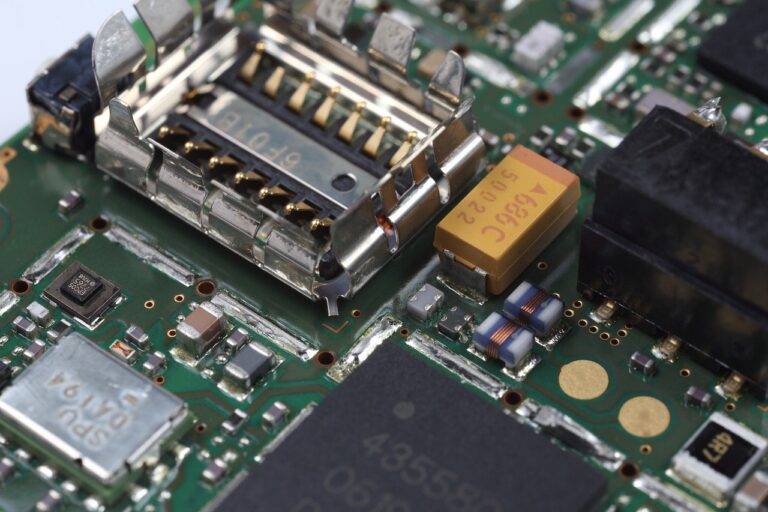The Impact of 5G on Smart Factories
5G technology holds immense potential for transforming smart factories into highly efficient and productive environments. With its ultra-fast data speeds and low latency, 5G enables real-time monitoring and control of manufacturing processes. This facilitates immediate decision-making, leading to enhanced operational efficiency and reduced downtime in smart factories.
Moreover, the high reliability and capacity of 5G networks support the seamless integration of Internet of Things (IoT) devices in smart factories. This empowers manufacturers to gather and analyze vast amounts of data from various sensors and machines, enabling predictive maintenance and optimization of production processes. Ultimately, the adoption of 5G technology in smart factories paves the way for increased automation, improved resource utilization, and greater overall competitiveness in the manufacturing sector.
Key Advantages of Implementing 5G Technology
5G technology offers numerous advantages for smart factories, revolutionizing the way they operate and increasing efficiency. With its ultra-fast speeds and low latency, 5G enables real-time monitoring and control of industrial processes, leading to improved productivity and reduced downtime. This high-speed connectivity allows machines and devices to communicate seamlessly, facilitating the swift exchange of data and enabling quick decision-making in the manufacturing environment.
Moreover, the high reliability of 5G technology ensures consistent and uninterrupted connectivity, essential for the smooth functioning of smart factories. By providing a stable and robust network connection, 5G minimizes the risk of communication breakdowns and enhances the overall operational reliability of industrial processes. This reliability is critical for maintaining a seamless workflow and preventing disruptions that could significantly impact production schedules in a smart factory setting.
Enhanced Connectivity and Communication in Smart Factories
In smart factories, the implementation of 5G technology has revolutionized connectivity and communication systems. With higher data speeds and lower latency, machines can communicate with each other in real time, leading to more efficient production processes. This seamless connectivity enables swift data transfer, facilitating quick decision-making and allowing for immediate adjustments to the manufacturing process.
Moreover, the enhanced connectivity offered by 5G enables the integration of Internet of Things (IoT) devices, sensors, and other smart technology within the factory environment. This interconnected network allows for the constant monitoring of equipment performance, predictive maintenance, and optimization of resources. Overall, the improved communication infrastructure in smart factories powered by 5G technology paves the way for increased productivity, cost savings, and streamlined operations.
• The implementation of 5G technology in smart factories has revolutionized connectivity and communication systems
• Machines can now communicate with each other in real time, leading to more efficient production processes
• Higher data speeds and lower latency enable swift data transfer for quick decision-making and adjustments to the manufacturing process
• Enhanced connectivity offered by 5G allows for integration of IoT devices, sensors, and other smart technology within the factory environment
• Constant monitoring of equipment performance, predictive maintenance, and resource optimization are possible due to this interconnected network
• Improved communication infrastructure powered by 5G paves the way for increased productivity, cost savings, and streamlined operations
What are some benefits of implementing 5G technology in smart factories?
Some benefits of implementing 5G technology in smart factories include faster data transfer speeds, lower latency, increased network capacity, and improved reliability.
How does 5G enhance connectivity and communication in smart factories?
5G enhances connectivity and communication in smart factories by providing a more stable and reliable network, enabling real-time monitoring and control of operations, and supporting a larger number of connected devices.
What are the key advantages of using 5G technology in smart factories?
The key advantages of using 5G technology in smart factories include improved efficiency and productivity, reduced downtime, enhanced flexibility and scalability, and better integration with other technologies such as IoT and AI.





